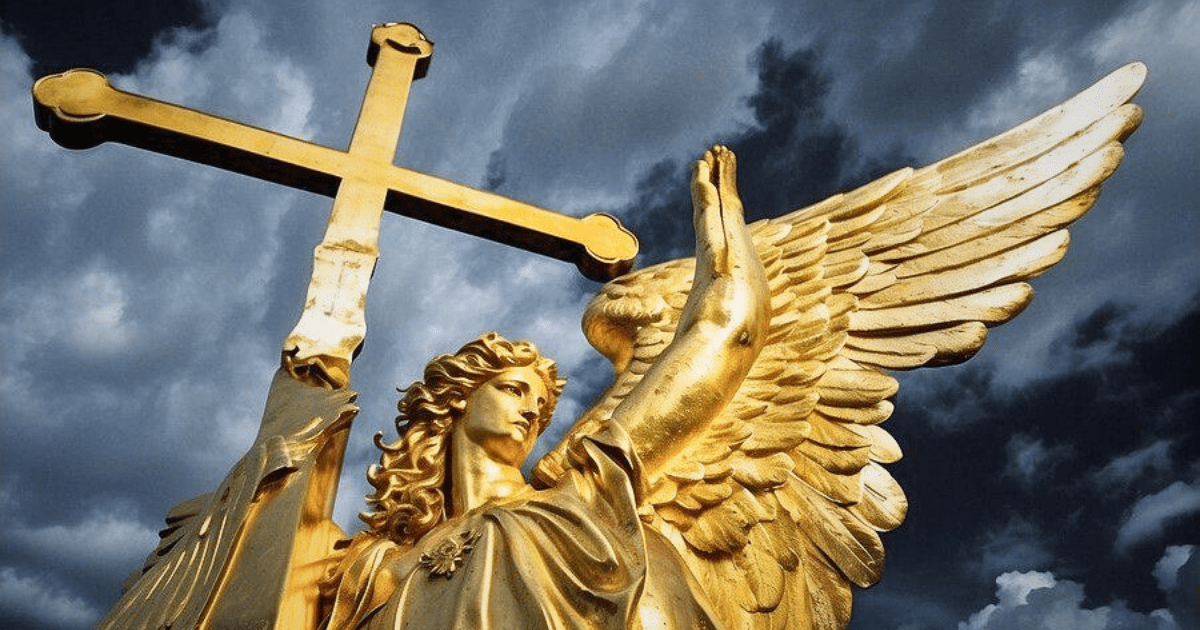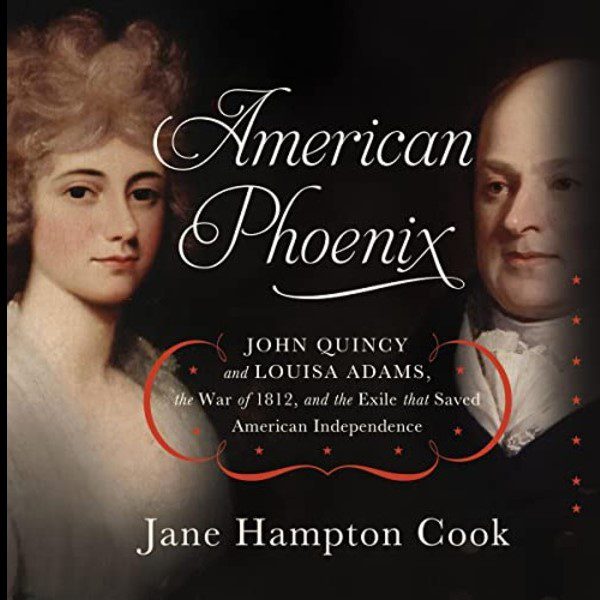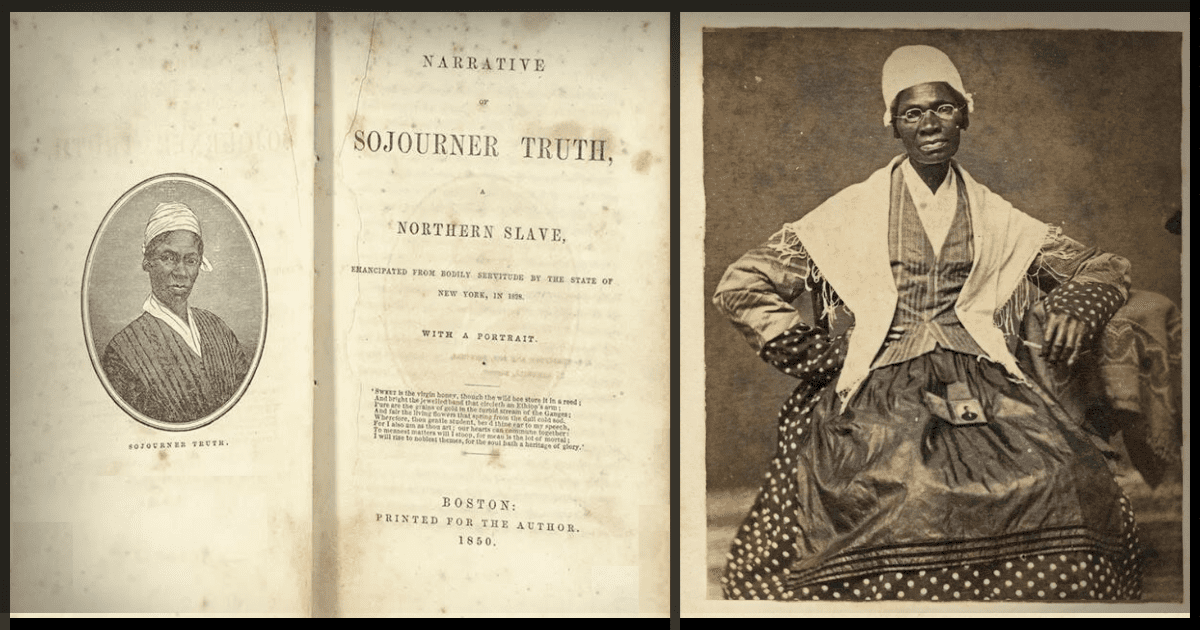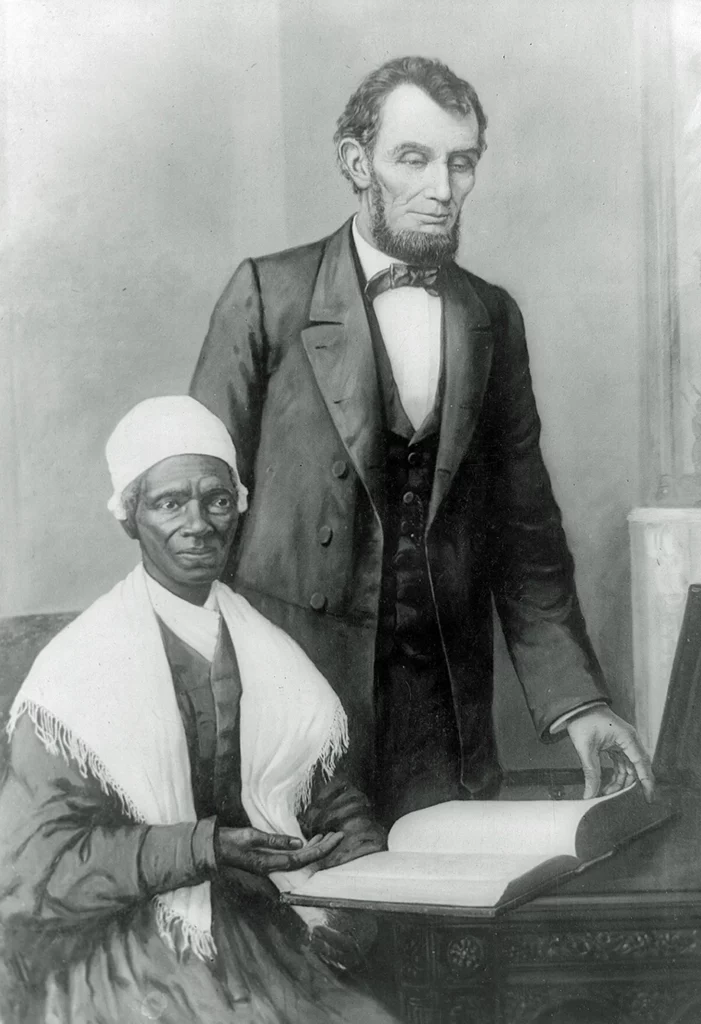By Jane Hampton Cook
Reprinted with permission. Read original article here.
As Americans look towards the Heavens to see the solar eclipse on April 8, 2024, I wanted to share with you an excerpt from my book, American Phoenix, about a conversation between John Quincy Adams and the Czar of Russia over the report of two comets in the sky.
As I was writing this intro on April 5, the earthquake in New York took place. I was literally searching scripture for these terms: signs, such as signs in the heavens and earthquakes when the news broke about the New York earthquake.
Here are a couple of scriptures that I found.
“There will be great earthquakes, famines and pestilences in various places, and fearful events and great signs from heaven.” Luke 21:11 (NIV)
“There will be signs in the sun, moon and stars. On the earth, nations will be in anguish and perplexity at the roaring and tossing of the sea.” Luke 25:21 (NIV)
Humans have often attributed meaning to eclipses, comets, and other celestial wonders. In addition to the solar eclipse visible in America on April 8, the devil comet will also make an appearance.
Space.com recently reported, “An unusual ‘horned’ comet is now visible in the night sky and may even make a rare appearance during the total solar eclipse on April 8, 2024. This particular comet, often called the devil comet, visits the inner solar system every 71 years.”
Hence, April 8 may include two heavenly wonders. Similarly, two signs in the sky were the topics of this excerpt from my book American Phoenix below.
When John Quincy Adams was America’s top diplomat to Russia in December 1811, he had a discussion with the Czar of Russia about the two signs in the sky, which were thought to be two comets. John Quincy and Emperor Alexander had grown accustomed to taking walks along the canals of St. Petersburg at the same time of day so they could meet and discuss politics and world events away from the pretension and formality of the Winter Palace.
Enjoy this excerpt from my favorite book that I have written, American Phoenix, which is now available on audible.
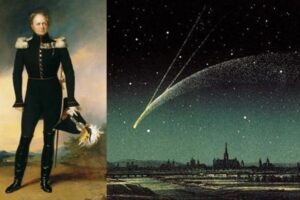
Comets
Comets have a bad reputation. They are known for letting their hair down and growing a brilliant train as they head for earth.
Over the years humans have had trouble making heads or tails of these celestial lights. Some welcome these eccentric stars as signs of hope. To the masses, however, these masses of gas and dust are omens of impending disaster. Many would prefer that a comet keep its distance and stay as close to the sun as possible. The reason? Fear. People have feared excessive tragedy following in the wake of these long-haired stars.
With so much woe over one comet, what would happen if two comets suddenly appeared in the sky? That was the question on Russian Emperor Alexander’s mind as he took a walk in St. Petersburg, Russia, on December 9, 1811. When he saw his American friend, John Quincy Adams, the czar knew he would receive a thoughtful reply. Adams was the top diplomat representing America in Russia. By this time he had done something no one thought he could do: win the friendship of Russian Emperor Alexander.
“Monsieur Adams,” the emperor called enthusiastically in a good-humored tone. “I have the honor to pay my respect.”
John responded cordially. As usual the pair discussed the weather, which could not help leading to the mysterious lights in the sky.
“We have two comets at once,” Alexander observed of the twin prediction.
Adams instantly knew what he meant. The comet of 1811 was becoming more and more unmistakable and brilliant. With its tail “warming them” for some months, the latest reports predicted that two comets, not merely one, would streak past St. Petersburg before the year’s end. John doubted the newspaper’s prediction of double trouble.
“Oh, that is certain,” Alexander said playfully.
He offered another cosmic puzzle for Adams to solve. “But, furthermore, I hear that one of the fixed stars namely, Sirius, has sunk one degree in the firmament,” Alexander continued wryly.
Unlike his American friend, the emperor’s information came not from a newspaper but a person.
In a sarcastic tone, he revealed his source: “But for this I will give you my authority, ‘says the ambassador from France.’”
“This was extraordinary news indeed,” John responded with equal sarcasm over French Count Lauriston’s planetary predictions.
“C’est un bouleversement général du ciel,” Alexander replied in French of the “general upheaval of the sky.”
“But as it is generally understood that one comet portends great disasters,” John observed, “it is to be hoped that two must signify some great happiness to the world.”
“Or at least that their mischief will operate mutually against each other and by reciprocal counteraction destroy the evil efficacy of both,” Alexander suggested.
“I congratulate His Majesty of his happy solution of the portentous knot.”
“Il y a moyen d’expliquer toutes ces choses là,” he said with a laugh, that is, there are ways to explain all these things.
The czar added that the best way to respond to cosmic harbingers of calamity was to let the heavens take their own course without meddling in their management.
Indeed. The czar may have recently brought the Turkish Empire to a truce, freeing thousands of Russian soldiers to fight France, but even with all his power, he could not control a comet nor what happened the following year in 1812. Two wars took place when Napoleon invaded Russia and America went to war with Britain. Both forever changed both John Quincy Adams and Emperor Alexander.

Jane Hampton Cook is the author of 10 books, a frequent guest in the national news media, a screenwriter, a former White House staffer, and a former Women’s Suffrage Centennial Commission Consultant.
[JHC1] Encyclopædia Britannica Online, s. v. “Mikhail Illarionovich, Prince Kutuzov”, accessed September 11, 2012, http://www.britannica.com/EBchecked/topic/325629/Mikhail-Illarionovich-Prince-Kutuzov.
Kutuzov inflicted several defeats on the Turks and on May 28, 1812, concluded a Russo-Turkish peace settlement favorable to Russia (Treaty of Bucharest).
